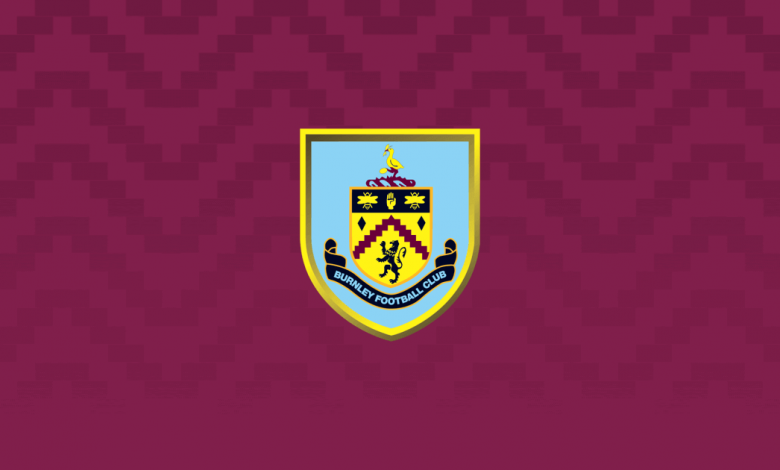Burnley F.C.

Burnley Football Club (/ˈbɜːrnli/) is an English association football club based in Burnley, Lancashire. Founded on 18 May 1882, it was one of the first to become professional (in 1883), and subsequently put pressure on the Football Association to permit payments to players. The club entered the FA Cup for the first time in 1885–86 and was one of the 12 founder members of the Football League in 1888–89. From the 1950s until the 1970s, under chairman Bob Lord, the club became renowned for its youth policy and scouting system, and was one of the first to set up a purpose-built training ground. The team currently compete in the Premier League, the top tier of English football.
Burnley have been champions of England twice, in 1920–21 and 1959–60, have won the FA Cup once, in 1913–14, and have won the FA Charity Shield twice, in 1960 and 1973. They have been runners-up in the First Division twice, in 1919–20 and 1961–62, and FA Cup runners-up twice, in 1946–47 and 1961–62. The team also reached the quarter-finals of the 1960–61 European Cup. Burnley are one of only five sides to have won all four professional divisions of English football, along with Wolverhampton Wanderers, Preston North End, Sheffield United and Portsmouth. When the team won the 1959–60 Football League, the town of Burnley became the smallest to have an English first-tier champion.[a]
The team have played home games at Turf Moor since 1883, after they had moved from their original premises at Calder Vale. The club colours of claret and blue were adopted before the 1910–11 season in tribute to the then Football League champions Aston Villa. The club is nicknamed “the Clarets” because of the dominant colour of its home shirts. Burnley’s current emblem is based on the town’s coat of arms. The team have a long-standing rivalry with nearby club Blackburn Rovers, with whom they contest the East Lancashire Derby.
By the end of 1883, the club turned professional and signed many Scottish players, who were regarded as the best footballers by the Burnley committee. As a result, Burnley refused to join the Football Association (FA) and its FA Cup, since the association barred professional players.[7] In 1884, they led a group of 35 other clubs in the formation of the breakaway British Football Association (BFA) to challenge the supremacy of the FA.[7][8] This threat of secession led to an FA rule change in July 1885 allowing professionalism, which made the BFA redundant.[8]
Burnley made their first appearance in the FA Cup in 1885–86; however, most professionals were prohibited entry due to FA rules that year,[b] so they fielded their reserve side and lost 11–0 to Darwen Old Wanderers.[7] In October 1886, Turf Moor became the first professional ground to be visited by a member of the Royal Family, when Prince Albert Victor attended a match between Burnley and Bolton Wanderers.[6][9] The club was among the twelve founders of the Football League in 1888–89 and one of the six based in Lancashire.[10] In the second match, William Tait became the first player to score a league hat-trick,[11] when his three goals gave Burnley their inaugural win in the competition.[12] In 1889–90, they claimed their first Lancashire Cup, after beating local rivals Blackburn Rovers in the final.[13] Nicknames at this point were “Turfites”, “Moorites” or “Royalites”, as a result of their ground’s name and the royal connection.[14]
Burnley were relegated to the Second Division for the first time in 1896–97.[15] The team won the division the next season; only two of thirty matches were lost before promotion was gained through a four-team play-off series called test matches, although the last game against First Division club Stoke was controversial. The tie finished 0–0 as both needed only a draw for a top flight place; it was later named “[t]he match without a shot at goal”. The Football League soon withdrew the test match system in favour of automatic promotion and relegation and expanded both divisions from 16 to 18 clubs after a motion by Burnley.[16] They were relegated again in 1899–1900 and found themselves at the centre of controversy when their goalkeeper, Jack Hillman, attempted to bribe opponents Nottingham Forest in the last match of the season.[17] It is possibly the earliest recorded case of match fixing in football.[18] The side continued to play in the Second Division and even finished in bottom place in 1902–03 (but were re-elected),[19] as the club got into financial difficulties.[20]
